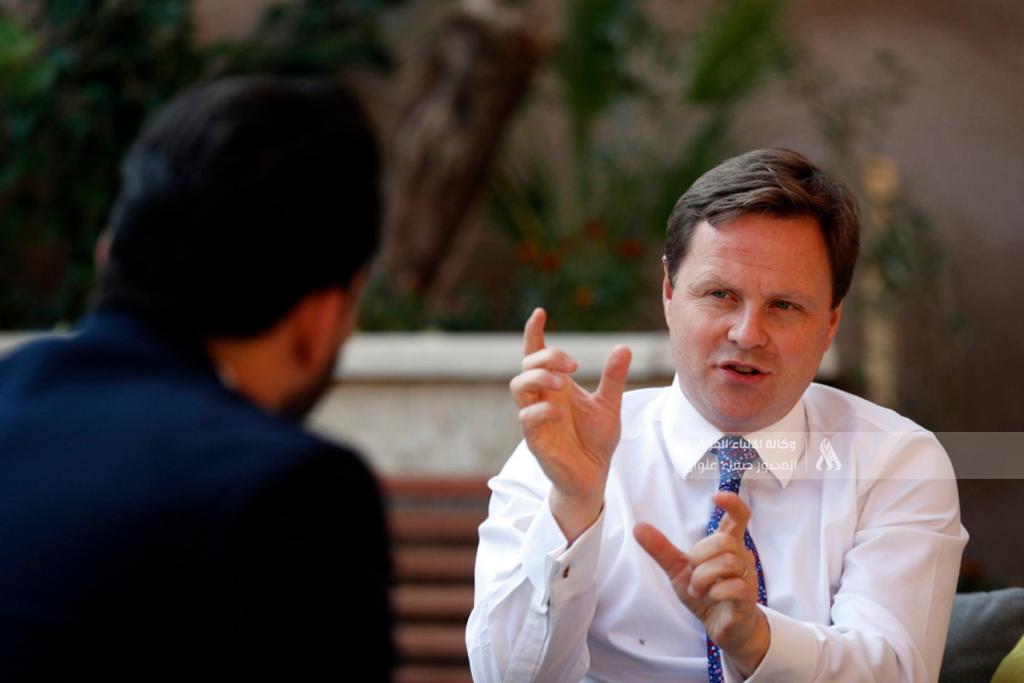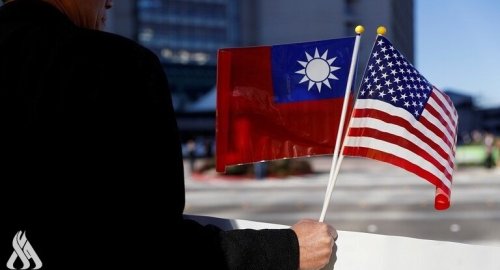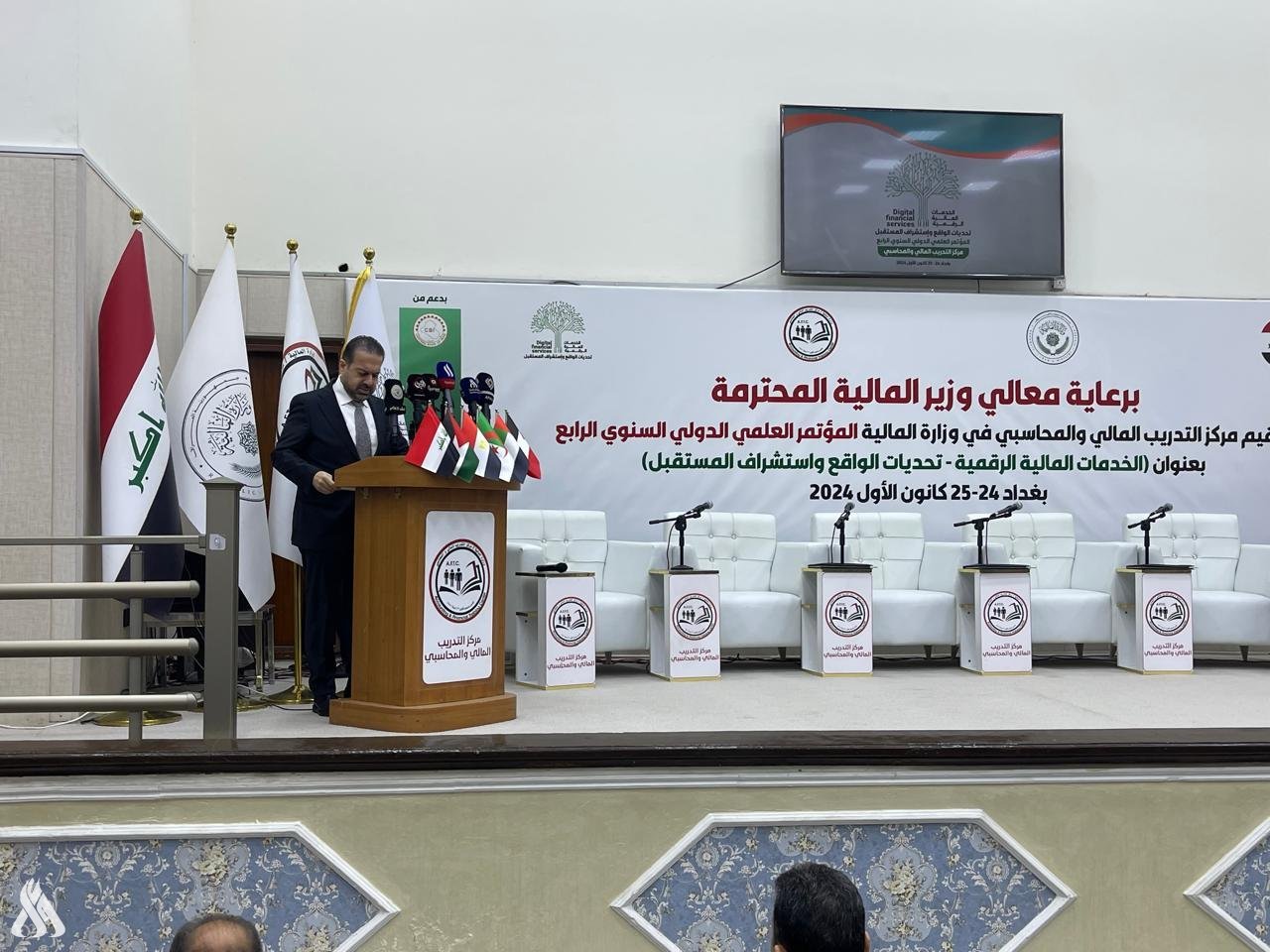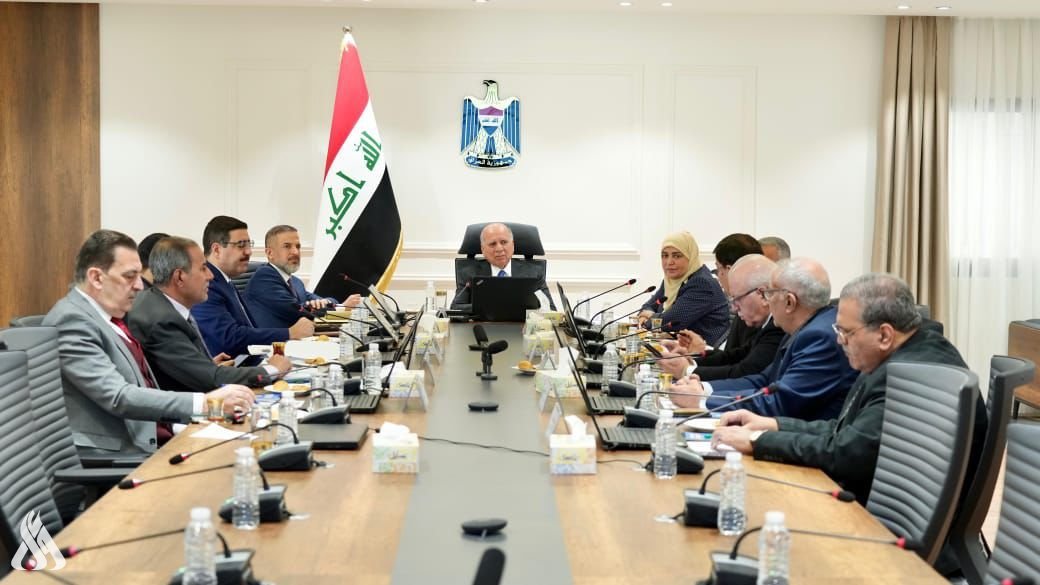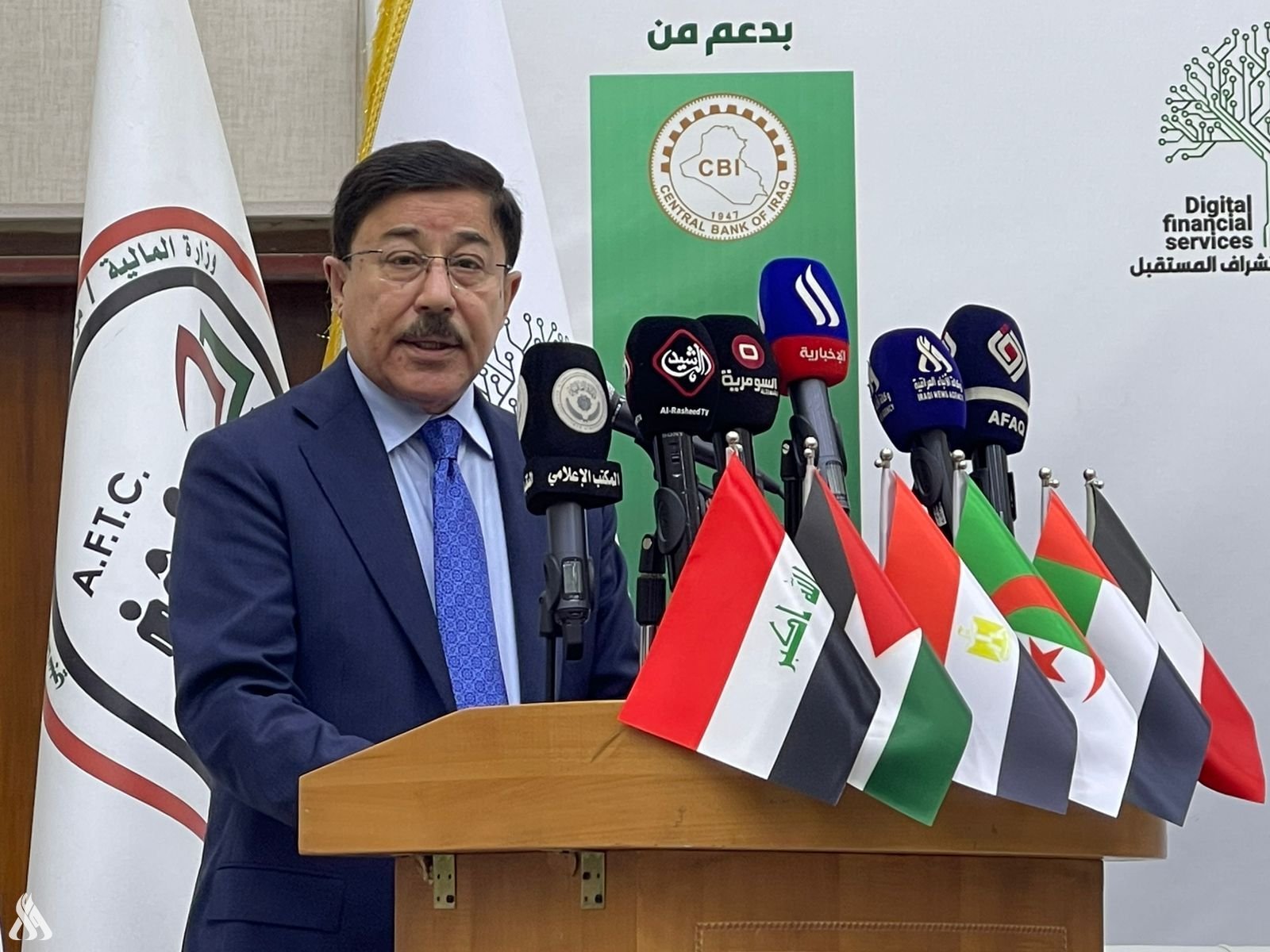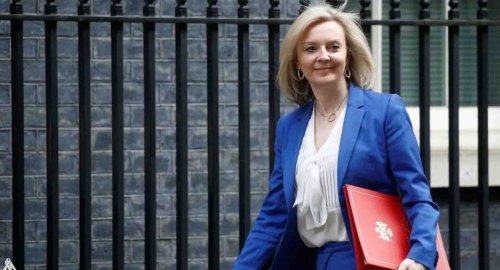
Senior UK ministers head to Australia to cement defence and trade ties

- 20-01-2022, 13:02
INA-sources
The UK foreign secretary, Liz Truss, and the defence secretary, Ben Wallace, are to travel to Australia to try to cement security and trade ties in the aftermath of the Aukus deal involving the two countries and the US.
The fact that two key cabinet figures are willing to leave the UK at a time of high domestic political tension, with Boris Johnson’s future as prime minister in doubt and amid the threat of a Russian invasion in Ukraine, shows the importance the Conservative government attaches to the relationship with Australia.
The UK has made a post-Brexit tilt to the Indo-Pacific central to its foreign and security policy, arguing the area represents one of high economic growth through this century.
Britain, with its advocacy of free and open seas, has also – like Australia – shown itself willing to put itself at odds with China over issues such as Taiwan and human rights in the former British colony of Hong Kong.
The UK prime minister, Boris Johnson (left), Australia's Scott Morrison (centre) and the US president, Joe Biden, at a joint press conference.
In September, the UK sprung a surprise by announcing that it was joining the US and Australia in a new security pact in which the central feature was an agreement that the US would share its technology on how to construct and operate nuclear powered submarines.
The deal hatched in secrecy meant Scott Morrison’s Australian government cancelled its $90bn contract with the French to build more conventional submarines, prompting Paris to withdraw its ambassadors to Washington and Canberra for consultations, an unprecedented sign of acrimony between allies.
France claimed it had been stabbed in the back by three of its closest allies. There were also claims that Australia, a non-nuclear state, was to have unique access to nuclear technology and secrets.
There has been scepticism in some parts of the Australian political class whether the pact had enhanced Australian security, since the new submarines might have a longer range and be less detectable but would not be delivered until possibly a decade after the French submarines.
But Aukus is intended to be more than an agreement about submarines and will cover the sharing of information in a number of technological areas, including artificial intelligence, underwater systems, and long-range-strike, cyber and quantum capabilities.
The UK ministers are to meet their Australian counterparts, the foreign minister, Marise Payne, and defence minister, Peter Dutton.
Truss said before the visit: “With malign forces threatening global peace and stability, it is vital that close allies like the UK and Australia show robust vigilance in defence of freedom and democracy.
“The Aukus partnership between the UK, Australia and the United States is a clear demonstration of how we will defend our values, protect trade routes and increase stability across the Indo-Pacific.”
Truss is also likely to agree to closer cooperation with Australia to boost opportunities for “honest and reliable” infrastructure investment for Indo-Pacific states, especially in the energy and technology sectors.
She will discuss how best to strengthen global technology supply chains and tackle malign actors who disrupt cyberspace.
“The UK and Australia share one of the oldest and strongest defence and security alliances,” Wallace said.
“Operating and exercising side-by-side, we continue to work together to promote stability and tackle our shared threats with our like-minded ally head-on.”
Source: The Guardian
PM’s Advisor: Government's vision supports Syria's stability
- politics
- 09:25
Gaza MOH: We do not know the fate of those who were inside Kamal Adwan Hospital
- International
- 07:53
Calling for international action, Hamas condemns Kamal Adwan Hospital massacre
- International
- 06:41
Globe Soccer Awards 2024: all the nominees
- Sport
- 05:21
Globe Soccer Awards 2024: all the nominees
- Sport
- 24/12/27

